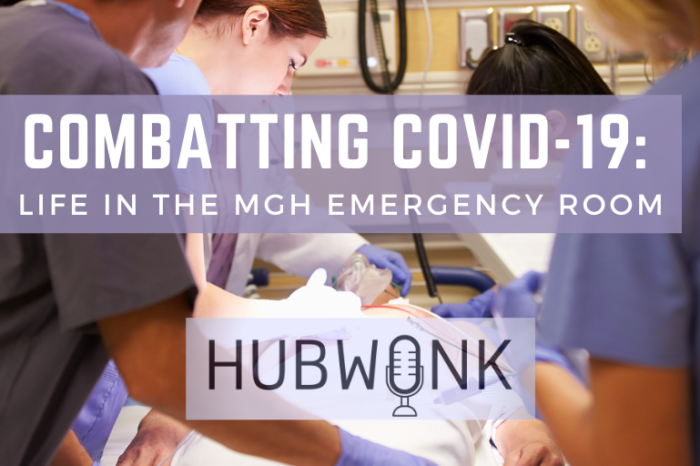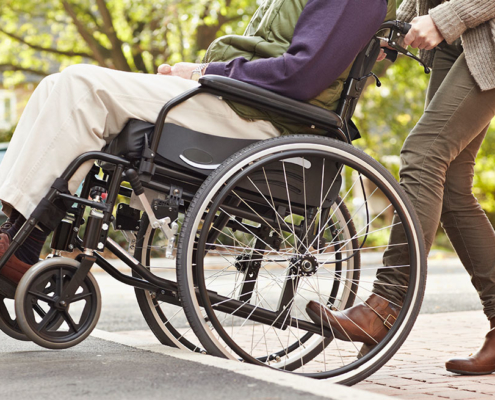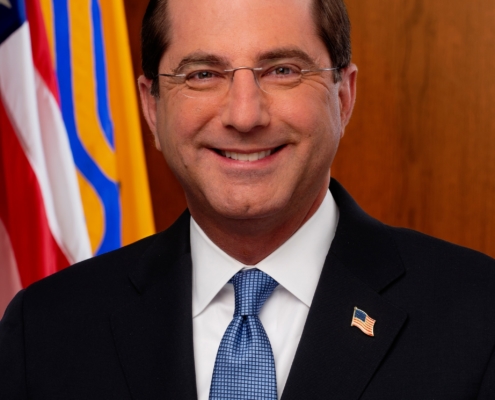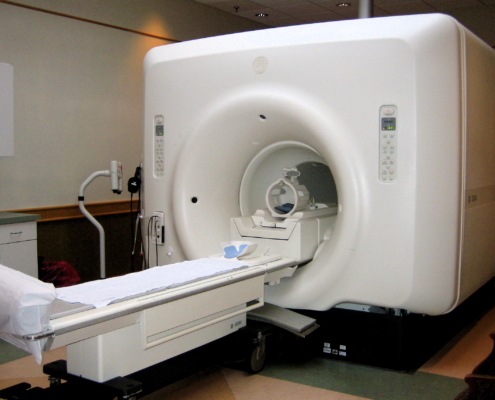Combatting COVID-19: Life in the MGH Emergency Room
Join host Joe Selvaggi and Pioneer Senior Fellow Josh Archambault as they talk with Dr. David King about the experience of being in emergent care during a pandemic and lockdown. They explore the challenges of coping with a poorly understood virus during a lockdown, all while continuing to serve the sick.
Guest:
 David R. King, MD, is a trauma and acute care surgeon at the MGH Trauma Center. He is also an attending physician in the Surgical Intensive Care Unit. As a U.S. Army Surgeon, Dr. King has deployed to both Afghanistan and Iraq. He completed running the 2013 Boston Marathon just before the bombings and then worked around the clock in the MGH operating room to help save the lives of victims.
David R. King, MD, is a trauma and acute care surgeon at the MGH Trauma Center. He is also an attending physician in the Surgical Intensive Care Unit. As a U.S. Army Surgeon, Dr. King has deployed to both Afghanistan and Iraq. He completed running the 2013 Boston Marathon just before the bombings and then worked around the clock in the MGH operating room to help save the lives of victims.
Get new episodes of Hubwonk in your inbox!
Recent Episodes of Hubwonk:















